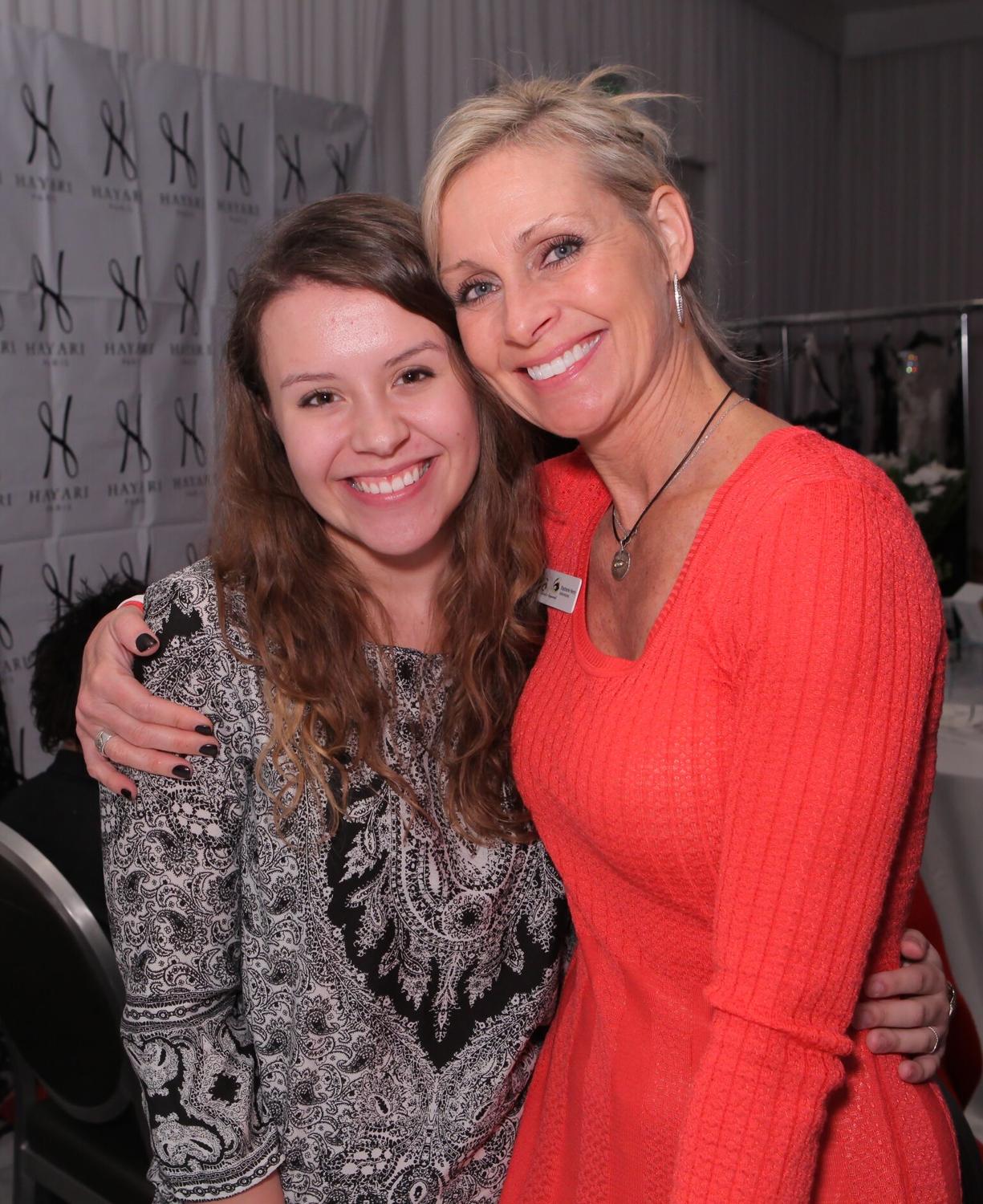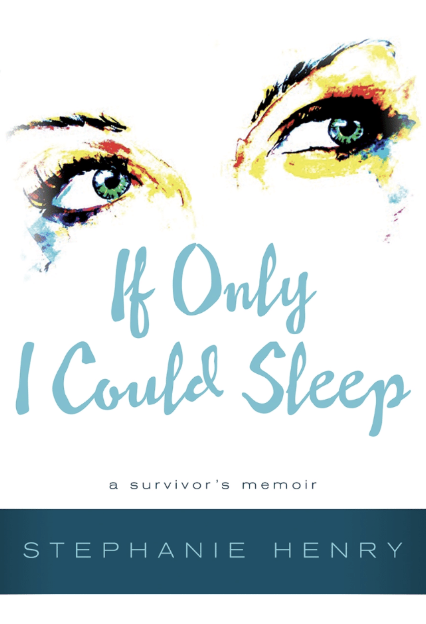It seems a little hyperbolic at first, but Stephanie Henry-Ricchi (’19) is so sincere in her assertion that higher education rescued her — from a troubled past marred by sexual abuse, toxic relationships and drug addiction, and the more recent trauma of an attempted sexual assault — that the unvarnished truth of her words becomes quickly, and undeniably, apparent.
She’s sharing her story at a table near the back of Denton’s West Oak Coffeehouse, a popular hangout for UNT’s student population situated on the iconic downtown Square. Even though she lives in McKinney, Henry-Ricchi selected the coffeeshop as her preferred meeting destination, a perfect excuse, she says, to head back to the city where she found herself academically and emotionally.
“The people at this school, they just knew what I needed without me even asking,” says Henry-Ricchi, who at 54 earned her bachelor’s degree in sociology with a minor in peace studies, along with a certificate in UNT’s Peace Corps prep course. “UNT looks at nontraditional students like me, and they don’t see someone who’s looking for a hobby or just needs to get out of the house. They really look at you seriously when you say, ‘I want my education.’”

